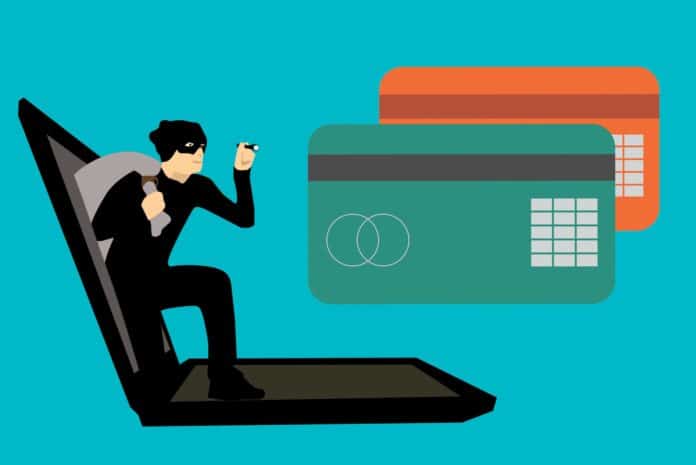We’ve all heard about the terrible hacking stories of bad people getting into private databases at Target Stores and Yahoo. With all this apparent vulnerability, just how do we protect our identity so we don’t wake up to find that somebody in Miami just bought a lawnmower at Home Depot in our name? (Yes, that actually happened to me.)
There are basically three areas in our financial identity that are exposed to risk of fraud:
-
Someone stealing your credit card or using your card information to purchase things on your account.
-
Someone stealing your personal information and then getting a new credit account for themselves to borrow money or make a purchase, like a car or new phone—or new lawnmower.
- Advertisement - -
Someone filing a tax return in your name to the IRS after they have somehow obtained your personal information. The IRS ends up sending a bogus tax refund to the crook.
Some remedies for each of these:
1. A Crook Stealing or Using your Credit Card —
Fortunately, the credit card companies and banks that issue cards have become very good at detecting unusual and fraudulent charges based on your historical behavior. They will often call or notify you if they suspect a problem—or may just reject the charge.
Also, for those of you with smart cell phones, I strongly suggest that you sign up for a service (i.e., get a free phone app) in which the credit card company immediately notifies you after every use of the card in a text message, so you, the user, have immediate tracking of all charge transactions. I have this service, it is excellent, and more effective than a monitoring service that bills you monthly fees.
Another tip: Fraud done on a credit card typically has less impact on our lives than a debit card, which is tied to our checking account. Accordingly, experts tell us to use our credit more than debit card if there is any fear of shenanigans happening.
2. A Crook Stealing Your Personal Information to Get New Credit in Your Name —
Credit monitoring services keep a check on people accessing your credit, but unfortunately, it can be a little too late, like closing the stable door after the horse has bolted.
An alternative to a credit monitoring service is to request that credit agencies freeze access to your credit. This locks the stable door so that the horse can’t get out in the first place. This is a good idea for people who are not getting lots of new loans; but if you do need to get a new loan, you can easily do a temporary un-freeze. I happen to have this in place for me and it works great. And it’s free.
3. A Crook Filing a Tax Return in Your Name —
Unfortunately, a credit monitoring service or even freezing your credit can not prevent this fraud. Whenever you provide your personal information to someone or an organization, such as your doctor’s office, a clerk in the office can hand your information over to her cousin who uses it to file a tax return in your name, and fudge (a technical term!) the numbers so that a refund is sent to his house, not yours.
The only way the average person can prevent this is to attempt to file the tax return earlier and before the crook files. As a note, if this fraud does happen, the IRS works with the taxpayer to correct the situation, and to issue a special PIN (Personal I.D. password number) for future tax filings. Bottom line: Try to file early.
Following these three cost-free prevention steps will greatly reduce the risk of someone stealing your identity and turning your financial life upside down. If you have any questions about this article, give us a call.
John Dougherty, CPA, Registered Investment Adviser, Dougherty & Associates 352-238-6411

